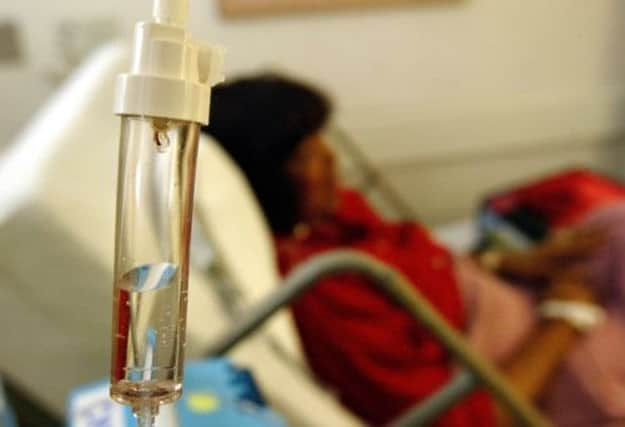Openness will improve the final days of the dying


The study also showed that many of these people are receiving it too late to get the full benefits, such as symptom relief as well as social, psychological and spiritual support.
Whilst this statistic has grabbed the headlines, perhaps the more interesting finding of the study relates to the underlying causes of this problem.
Advertisement
Hide AdAdvertisement
Hide AdWhilst GPs said that introducing palliative care was fairly straightforward for those with cancer, who typically had a clear terminal decline, they found it much more difficult for patients with other life-threatening illnesses.
In addition, some GPs found it difficult to discuss death and dying with patients.
Both patients and health professionals also struggled with understanding of the terms end-of-life and palliative care, further compounding the problem.
A culture that is less afraid of discussing death
The findings highlight an important issue about the way we approach death in this country.
Many of us are simply not prepared or willing to talk about it at any point, even when family members are very sick.
The fact is that everyone will die, and how we face, prepare and plan for it can not only be of benefit to our loved ones and family members, but can also help make sure that the time we have left is of as high a quality as possible.
In Scottish society, we need to promote a culture that is less afraid of discussing death and dying.
Campaigns like the Good Life, Good Death, Good Grief initiative need to be heavily promoted and supported, which is where the Scottish Government can take the lead.
Advertisement
Hide AdAdvertisement
Hide AdWe also need to empower our health professionals with training and support to ensure that they feel comfortable and are able to talk to their patients about how they approach the end of their life.
More openness around death and dying will help patients to live as well as they can in the last months, weeks and days of life.
• Richard Meade is Head of Policy & Public Affairs Scotland, Marie Curie Cancer Care